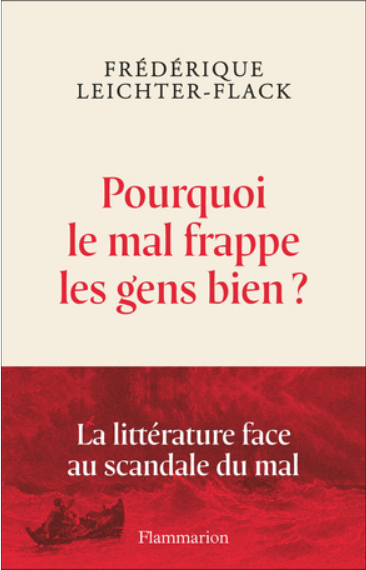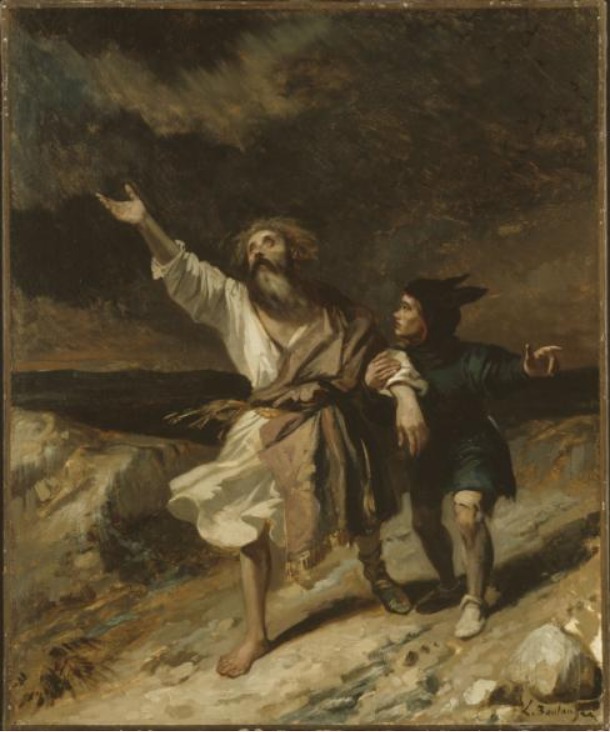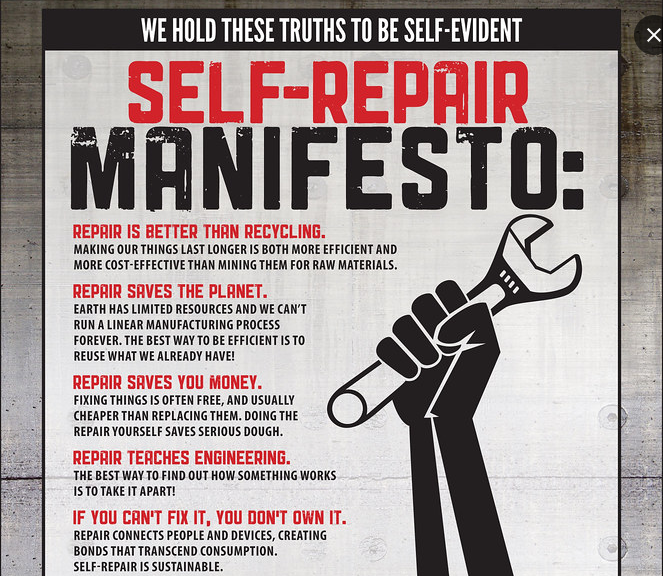


Why and How to Make Objects Last
21 September 2023
The West and Europe, Between Values and Geopolitics
10 October 2023Not only is Literary fiction a valuable source for history, a repertoire of examples for philosophical reasoning, but it is also a school for ethical reflection, teaching us to discern new nuances, uncover obscured objections, and broaden our range of moral emotions. When we read, we experience lives very different from our own; we engage in safe thought experiments with the characters and beyond them; we discover new dilemmas by exploring theirs.
Between Misfortune and Injustice
My research on dilemmas across history and literature started in The Laboratory of Moral Experience (Le Laboratoire des cas de conscience, Alma, 2012, paperback reprint in Champs Flammarion 2023). It continued in Who Lives and Who Dies. When we can’t save everyone (Qui vivra qui mourra. Quand on ne peut pas sauver tout le monde, Albin Michel, 2015), where I observed how we’re forced into tragic choices. From historical examples of evacuation or rescue in extreme situations, the memory of which continues to haunt our present, to the rationing of healthcare resources, not to mention all the scarcity stories permeating contemporary popular culture, there is a common imaginary of selection, which is reactivated and solicited by current events. Indeed, reality soon caught up with my research: during the pandemic, selection issues previously discussed among ethics experts suddenly became visible to all…
Annalisa Silvestri, anesthesiologist at Pesaro hospital (Italy), at the end of the day during the Covid-19 pandemic, March 2020. Photo: Alberto Giuliani, CC BY-SA 4.0
Beyond the first impression of a virus that seemed to choose its victims randomly, we quickly realised that we still had, and more so than ever, given our policy choices, the possibility of moving the hand of the angel of death. Hence, these questions that are so difficult to publicly state and democratically discuss: how can we distribute the sacrifice to make it less tragic? What should be the role of justice and merit in relation to apparent bad luck and the tyranny of fate? Where do we draw the line between misfortune, against which we can do nothing, and injustice, against which we can do everything? Are some deaths more scandalous than others – and are some victims more acceptable than others?
As in the aftermath of the 2015 terrorist attacks, randomness – or our powerlessness to control it – was once again a metaphysical emergency to be confronted. However, awareness of the social vulnerability factors and the biopolitical selection weapon complicated matters. Like all great catastrophes before it, the pandemic reactivated anew longstanding spiritual and political questions. The suffering of the innocent, the sacrifice of the most vulnerable, and the role we concede to misfortune and fatality are some of the many filters through which scandal wrought by evil can be perceived.
From the Injustice of Fate to the Discovery of Randomness
 Why do bad things happen to good people? The title of my book sounds like a child’s question, and our first instinct is to dismiss it as naïveté. After all, we know that being a good person doesn’t protect us from misfortune! We know that life isn’t like the fairy tales where the good is always rewarded, and the bad are punished! Yet something inside us chafes against the gruff rationalisation of adults lecturing their inner child. Despite all the reality checks, we hold on to the belief that ‘those who sow in tears shall reap in joy’ (Psalm 126). Otherwise, how do we explain our pleasure in reading sad stories, counting on a happy ending to relieve our reading expectations?
Why do bad things happen to good people? The title of my book sounds like a child’s question, and our first instinct is to dismiss it as naïveté. After all, we know that being a good person doesn’t protect us from misfortune! We know that life isn’t like the fairy tales where the good is always rewarded, and the bad are punished! Yet something inside us chafes against the gruff rationalisation of adults lecturing their inner child. Despite all the reality checks, we hold on to the belief that ‘those who sow in tears shall reap in joy’ (Psalm 126). Otherwise, how do we explain our pleasure in reading sad stories, counting on a happy ending to relieve our reading expectations?
The why in my title, Why Does Misfortune Strike Good People? is not a real why. It doesn’t call for any explanation; it simply expresses stupefaction – a feeling of scandal and rejection of the profoundly unsatisfactory nature of any conceivable answer. How can we bear the injustice of fate when catastrophe destroys without looking at the details when an accident can open an abyss beneath the fortunate at any moment, when children can be torn from the world of the living while the world keeps going round? How can we consent to a world where such things happen, and what does it mean to come to terms with them? Since the middle of the 18th century, following the intense philosophical controversy sparked by the Lisbon earthquake in 1755, we have more or less ceased to reflexively see God’s punitive hand behind all catastrophes. With the advent of modernity, we’ve generally learned to assume full human responsibility and leave God out of the problem raised by suffering. But the problem of evil cannot entirely be conflated with human destructiveness. Randomness, bad luck, and metaphysical evil remain: even when God is rejected, the ancient spiritual protest of ‘How can You do this to me?’ continues to resonate. The realisation that we live in what Levinas describes as a ’disordered world ‘, where good and evil are randomly distributed, forces reckoning with the idea that even our hope for justice makes no sense. We run the risk of giving in to scepticism or despair and of losing all confidence in the world. Or of going mad, like old King Lear, howling at the demons on the moor in the middle of a raging storm, miserable and naked, deceived and betrayed by his daughters to whom he had given everything.
Insatiable Indignation
I set out on the trail of this risk, which can be traced back through the history of ideas and literature. The goal was not to craft answers in the way that theodicy strove to make compatible three propositions that are not – ‘God is good’, ‘God is omnipotent’, and ‘evil exists’ – au contraire. As Susan Neiman explains in Evil in Modern Thought (2002), the entire history of philosophy can be recast in terms of its efforts to explain the problem of evil. But literature is in the opposite camp: it refuses to do so. Far from aiming to quell the fury, literature places the problem of evil at a child’s level, without seeking to close the wound.
![]() In the face of evil, it doubles down on the value of emotion, because at issue is human dignity. ‘I understand nothing, and now, I don’t want to understand anything. I want to stick to the fact,’ cries Dostoyevsky’s Ivan Karamazov, overwhelmed by the stories of martyred children he has just told his younger brother. In the famous chapter of The Brothers Karamazov entitled ‘A Rebellion’, the refusal to understand, the rejection of all solutions that write off the suffering of children, and the will to ‘return the ticket’ even if it means giving up the salvation of the whole world – means giving literature a vocation of ‘insatiable indignation’. By respecting the emotion that grips us in the face of evil, without seeking to attenuate or invalidate it, literature keeps us on the side of an authentically ethical experience, from which we can question what unfolds for us in our encounters with the injustice of fate.
In the face of evil, it doubles down on the value of emotion, because at issue is human dignity. ‘I understand nothing, and now, I don’t want to understand anything. I want to stick to the fact,’ cries Dostoyevsky’s Ivan Karamazov, overwhelmed by the stories of martyred children he has just told his younger brother. In the famous chapter of The Brothers Karamazov entitled ‘A Rebellion’, the refusal to understand, the rejection of all solutions that write off the suffering of children, and the will to ‘return the ticket’ even if it means giving up the salvation of the whole world – means giving literature a vocation of ‘insatiable indignation’. By respecting the emotion that grips us in the face of evil, without seeking to attenuate or invalidate it, literature keeps us on the side of an authentically ethical experience, from which we can question what unfolds for us in our encounters with the injustice of fate.
Building Meaning on Emotions
From the biblical Book of Job to Philip Roth’s Nemesis and Zvi Kolitz’s Yossel Racover Speaks to God, via Dostoyevsky and Camus, Jane Eyre, The Count of Monte Cristo, King Lear, Rigoletto, Thomas Hardy’s Tess d’Urberville and Kundera’s The Joke, we can follow the red thread of literature’s questioning of the scandal of evil. But the problem of evil is not just a theme: the meaning our reading gives it depends on how the story is told. My book is premised on linking different meanings of the ‘problem of evil’ featured in different narrative contexts, with theoretical reflection on the art of storytelling and the effects of reading. Awareness of the moral problem raised by the suffering of the innocent is inseparable from a retributive emotion, which the art of storytelling delights in toying with. The biblical Book of Job is thus the eminently paradoxical forefather and model for all ‘U-shaped stories’: a happy character falls, suffers, endures, then rises again, restored, thanks to a happy ending that, in a way, rewards his virtue throughout the ordeal. Except that the narrative device of the Book of Job, released from its religious shell, is particularly devious: Job’s restoration, which is granted to him for having stood his ground, contradicts the refutation, throughout the poem, of the retributive doctrine to which Job’s three friends wrongly cling. And the end of the story is deeply unsatisfying: can the happy ending make up for the metaphysical damage done to the world when the innocent are struck down? Around ten centuries later, the ending of King Lear uncompromisingly expanded on this experience by removing the crutch of the happy ending from the spectator. While Shakespeare denies his old king, already half-mad with grief over the ingratitude of his two eldest daughters, the survival of his youngest daughter Cordelia, who dies in his arms seconds away from the possibility of a revival, we experience it with Lear to the very end: ‘why should a dog, a horse, a rat, have life, and thou no breath at all?’ No dodging: in life, there is such a thing as too late. ‘As flies to wanton boys are we to the gods: they kill us for their sport,’ ventures the bitter, gouged-eyed Gloucester…
Moral Therapy
From the burning sense of injustice (‘why me?’), which still perceives misfortune as an error of Providence in a world that has not yet given up on the idea of retribution, to the psychic threat revealed by the discovery of the ‘tyranny of the contingency’ (Philip Roth), via the impasse of revenge, the consoling illusion of fatality, or the bad jokes of destiny, the meaning of evil changes across literary fiction. Of course, each of the books mentioned here has its own context, which can be placed in the history of ideas. By choosing a philosophical path of exploration that assumes subjectivity, I’m betting on the wealth of resources that fiction can offer as we cross the minefields of our existence. In a novel or play, everything that is attempted, navigated, and experienced helps narrow – for us as readers or spectators – the extent to which reality may take us by surprise. By taking the first blow for us, the characters paradoxically offer us a form of moral immunity.
From Evil in Fiction to Justice and Politics
In the process, literature’s laboratory of moral experience exposes readers to a number of questions that jurists and political theorists are also probing. A case in point reflects retributive doctrine ploys stemming from the persistence of the concept of misfortune as a qualifier. Other examples include untenable impunity and attempts to address pretium doloris. While political theory questions expansive notions of responsibility or the relevance of the concept of moral luck, some literary pieces deploy their narrative means to relentlessly ask: who should be held responsible for what is happening? How much of the blame lies with bad luck and chance, and how much with social determinism, injustice and human responsibility? How to live in an unjust world, between revolt and conciliation? Why do we hold on to the idea of merit, despite all its refutations? And what to do with the irreparable? These are also literary questions. The way we tell stories plays a crucial role in political thinking. And it bears testament to how much we need the power of literature.
Frédérique Leichter-Flack is a full professor of literature and political humanities at the Center for History. Her research focuses on moral dilemmas in narratives and the history of sensitivities; the memory of tragic choices across history, testimonial literature and fiction; and prioritisation and justice in the medical humanities.




